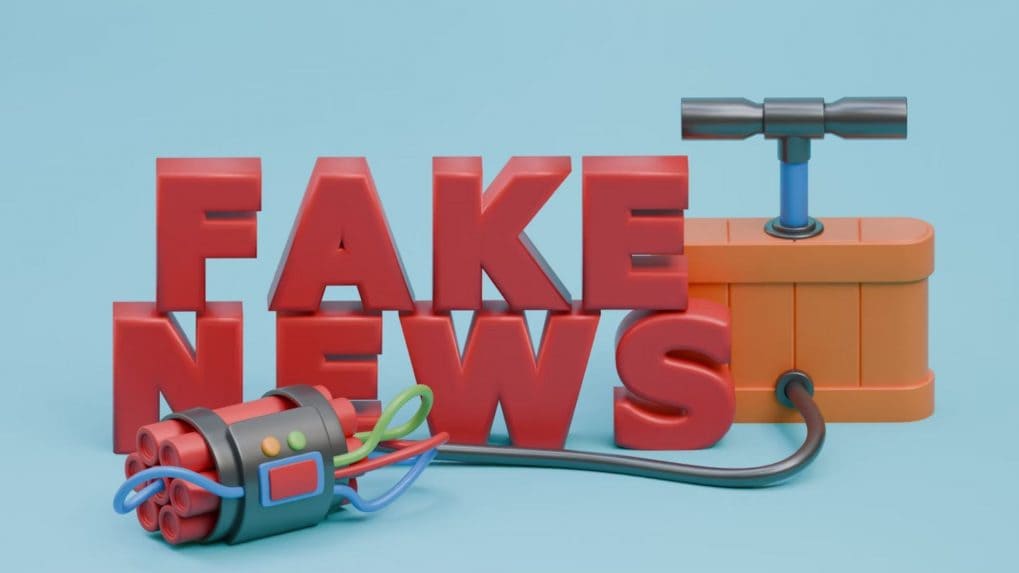Karnataka govt plans to introduce Anti Fake news legislation during winter session
Karnataka IT Minister noted that the rise of artificial intelligence tools has made it easier to create deepfakes, voice clones, and fabricated documents, amplifying the risks of false narratives spreading unchecked online.
ADVERTISEMENT
Karnataka’s proposed legislation to combat fake news and online misinformation is expected to be tabled during the Winter Session of the State Assembly, scheduled to be held in Belagavi this December, according to Information Technology and Biotechnology Minister Priyank Kharge.
Speaking at a policy dialogue titled “Truth, Trust and Technology”, organised by the National Law School of India University (NLSIU) and Ikigai Law in Bengaluru, Kharge said the Karnataka Misinformation and Fake News (Prohibition) Bill, 2025, seeks to rein in the deliberate spread of falsehoods that threaten social harmony and public order.
He defended the proposed legislation, clarifying that its purpose is not to restrict free speech, satire, or opinion, but to hold accountable those who intentionally spread disinformation or misuse technology to distort facts.
“A single click can spark chaos. Hence, we want to bring in laws to rein in misinformation, disinformation, malinformation, and fake news,” Kharge said. “We also aim to regulate the platforms that amplify such disinformation, thereby violating their own public policies.”
Kharge noted that the rise of artificial intelligence tools has made it easier to create deepfakes, voice clones, and fabricated documents, amplifying the risks of false narratives spreading unchecked online.
Key Provisions of the Proposed Bill
If enacted, the Bill would create a six-member Social Media Regulatory Authority, empowered to restrict, block, or ban any online content deemed false or misleading. The authority would play a central role in preventing the promotion and circulation of fake news across digital platforms.
The Fake News on Social Media Regulatory Authority would include:
The Minister for Kannada and Culture as the ex officio Chairperson.
One representative each from the Legislative Assembly and Legislative Council.
Two members from social media companies, appointed by the State Government.
A senior IAS officer serving as Secretary to the Authority.
The Bill defines fake news as any “misquotation or false and/or inaccurate report of one’s statement; editing of audio or video resulting in distortion of facts or context; or purely fabricated content.”
Misinformation, meanwhile, is defined as “knowingly or recklessly making a false or inaccurate statement of fact, excluding opinions, satire, religious or philosophical sermons, comedy, parody, or artistic expression if a reasonable person would not consider it a statement of fact.”
Balancing Regulation and Expression
Kharge reiterated that the intent of the legislation is to “name and shame” individuals and entities that intentionally spread falsehoods, while ensuring that free expression and creativity remain protected.
“This threat is magnified by technology, especially now, with the advent of accessible and affordable AI tools,” Kharge said. “We are not trying to control speech but to bring responsibility and transparency under one framework.”
The November 7 dialogue featured multiple panels discussing how India can develop effective frameworks for online speech regulation without undermining constitutional freedoms.
As the Winter Session approaches, the Bill is expected to spark intense debate in the Karnataka Assembly, balancing the need for curbing misinformation with concerns over potential misuse of regulatory power.
Read More: Fake news menace: Parliamentary panel calls for autonomous fact checking authority


